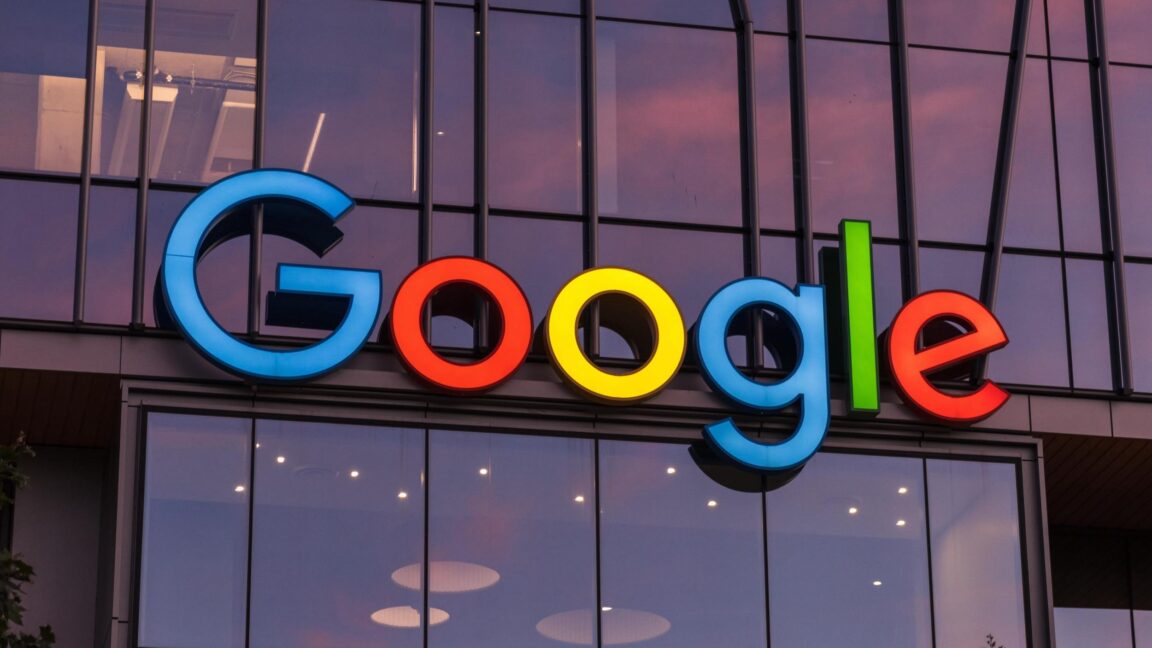
Google is back in court, hoping to avoid a painful breakup of its advertising business. US District Judge Leonie Brinkema has already ruled that Google operated an illegal monopoly in digital advertising, and now it’s time to learn the consequences of that behavior. Google’s had mixed luck with antitrust rulings lately, but it’s not a great sign that Google has so many legal woes that it can be hard to keep them all straight.
The case that just got underway is the remedy phase of the AdTech trial, in which the DOJ secured a ruling against Google several months ago. The remedy phase of the search trial wrapped up recently, which ended with Google holding on to Chrome but pledging an appeal to overturn the verdict. There’s also the Google Play antitrust case, which was brought by Epic Games. In this case, Google has already lost its appeal, putting some major app changes on the table as it plans yet another appeal.
The Department of Justice (DOJ) and Google are squaring off in Virginia federal court for the next two weeks or so, and there are no surprises in opening arguments. The government says the only way to deal with a monopolist like this is to break it up, but Google says it has already made numerous changes, and there’s no way to excise it from online advertising without breaking the market.
The AdTech remedy trial could mirror the search trial to a great degree. Indeed, the DOJ has pulled some language from that case, in which Judge Mehta opted not to force a divestment of Chrome. Mehta ruled that forcing a Chrome sale was a poor fit for the remedies as Chrome was not part of the illegal conduct.
However, government lawyers are hoping the AdTech case will turn out differently. The DOJ is asking the court to force Google to spin off Google Ad Manager (formerly Ad Exchange or AdX), the marketplace through which advertisers buy ads on Google’s platform. The government was able to convince the court that Google’s control of Ad Manager gave it an unfair advantage that boosted its own services, but is a breakup the proper remedy?
In its opening arguments in the AdTech case, the government claims Ad manager was intimately tied to the antitrust behavior, and its proposed remedies would pass muster under the standard Mehta employed. Government lawyers contend that remedies must be designed to restore competition, and Google’s iron grip on online display ads can only be solved in one way. “Nothing short of a structural divestment is sufficient to bring meaningful change,” said the DOJ’s Julia Tarver Wood.
Google déjà vu
Google has come up with its own proposal for remedies, which is really just a formality. Google doesn’t plan to accept any penalty and will appeal the case after the remedy phase. The company’s proposal is just shy of nothing, suggesting it could make real-time bid amounts visible to everyone in auctions and end unified pricing rules to allow publishers to set different floors. Google also promises not to use “first look” and “last look” dynamics, which gave Google a major advantage in auctions. The company ended this practice several years ago, but it won’t start again under the proposal.
Google is not exactly treading new ground with its arguments in this case—you could almost copy-paste “Chrome” in place of “Ad Manager” to get right back to Google’s position in the search case. According to Google council Karen Dunn, the government’s proposals are extreme and will cause “disruption and damage” to the advertising industry by shutting Google out. The company believes it has made enough changes of its own volition to resolve the issues cited in the case.
Google has also continued to draw on the AI explosion to reframe the case. Since the charges were filed in 2023, generative AI has become the primary focus at countless companies. In the search case, Google argued that AI was reshaping how people find information online, and therefore, structural remedies were unnecessary. Similarly, Google now says that AI ad tools like those developed by Meta and Perplexity show that digital advertising is still a vibrant market. Google’s lawyers suggested that the DOJ is trying to rework an industry that has already been transformed.
It will be months before we learn what Brinkema has decided, but Google’s headaches aren’t over even if it comes out ahead in this case. The European Union is also going after the company’s advertising business, recently issuing a hefty fine. Regulators say a breakup is on the table in Europe if Google doesn’t come up with a proposal to address its market dominance.



